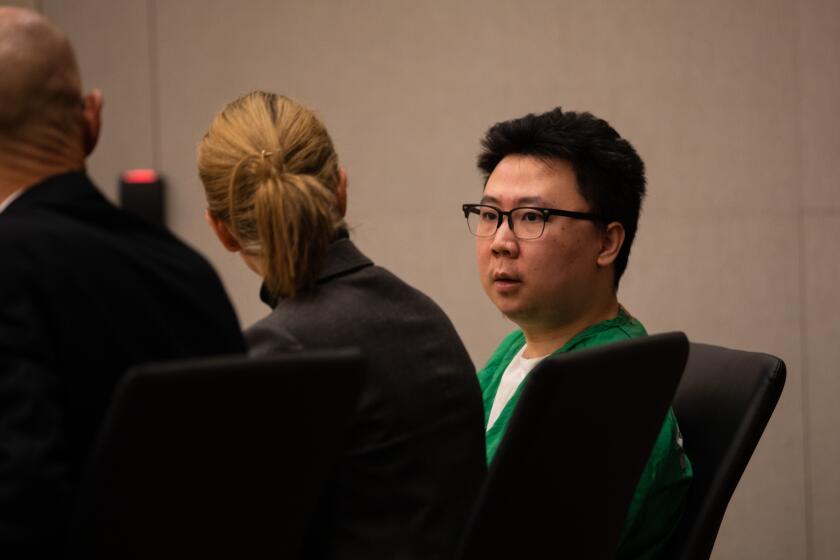City leaders begin ‘No Shots Fired’ program to reduce gun violence
Through No Shots Fired community organizations will be tapped to reach agreements with gangs, calling for a cease fire for a six-month period
City government and law enforcement leaders joined today to call for peace and healing following a series of recent
shootings and to announce the launch of the pilot program No Shots Fired.
“The recent increase of shootings in our city is cause for great concern, but it demands that we lean-in as a community rather than shy away,” Mayor Todd Gloria said. “The No Shots Fired program represents an important collaboration between the city, law enforcement and community that seeks to stop gun violence, promote peace and create safer neighborhoods for all of us.”
San Diego is one of the safer large cities in the United States, with a violent crime rate reported by the San Diego Police Department of 3.7 incidents per 1,000 people as recently as 2017 — the lowest among the top 10 most populated cities in the country. However, in 2020, the city saw a 28 percent increase in gun violence and a 20 percent increase in citizens calling in reports of gunfire, according to the department.
In the past three years, gang members have been responsible for about 20 percent of all murders in San Diego, police said.
Gloria, along with council members Monica Montgomery Steppe, Sean Elo-Rivera and Police Chief David Nisleit, said Wednesday that the recent increase in shootings necessitated action.
No Shots Fired is a collaboration between the Commission on Gang Prevention and Intervention, the Community Assistance Support Team, law enforcement and other city partners. Community organizations will be tapped to reach cease-fire agreements with gangs in areas most affected by violent crime for a six-month period.
“This is an important day for investing in and prioritizing public safety for our communities of concern,” said Steppe, who is chair of the council’s Committee on Public Safety and Livable Neighborhoods. “After years of disinvestment and the corresponding impacts of community violence, the No Shots Fired Program is a step in the right direction to provide a policy solution that quells violence, promotes economic justice, and improves community policing relationships.”
During that six-month period, organizations will work to provide outreach and resources to known gang members in the target communities and offer the individuals an opportunity for them to exit gang culture and life.
Efforts include:
- Community walks;
- Street side memorial services;
- Faith sponsored “peace meals” and organized outreach;
- Cease fire agreements with gang leaders;
- Wrap-around services in person;
- Virtual meetings with gang members to discuss seasons of peace; and
- Coordination with law enforcement
“Every person in every neighborhood has a right to feel safe,” Elo-Rivera said. “Violence, such as that which our community is currently experiencing, disrupts that right, is tragic and traumatic for all those who are involved, and a symptom of pain.
“The No Shots Fired program represents a holistic and proven method to increase safety in the short-term and heal our communities over the long-term,” he continued.
The pilot program is anticipated to run through June 2021 with evaluation and potential for expansion at that time. The pilot program is funded by federal Community Oriented Policing Services grant funds.
The latest news, as soon as it breaks.
Get our email alerts straight to your inbox.
You may occasionally receive promotional content from the San Diego Union-Tribune.
